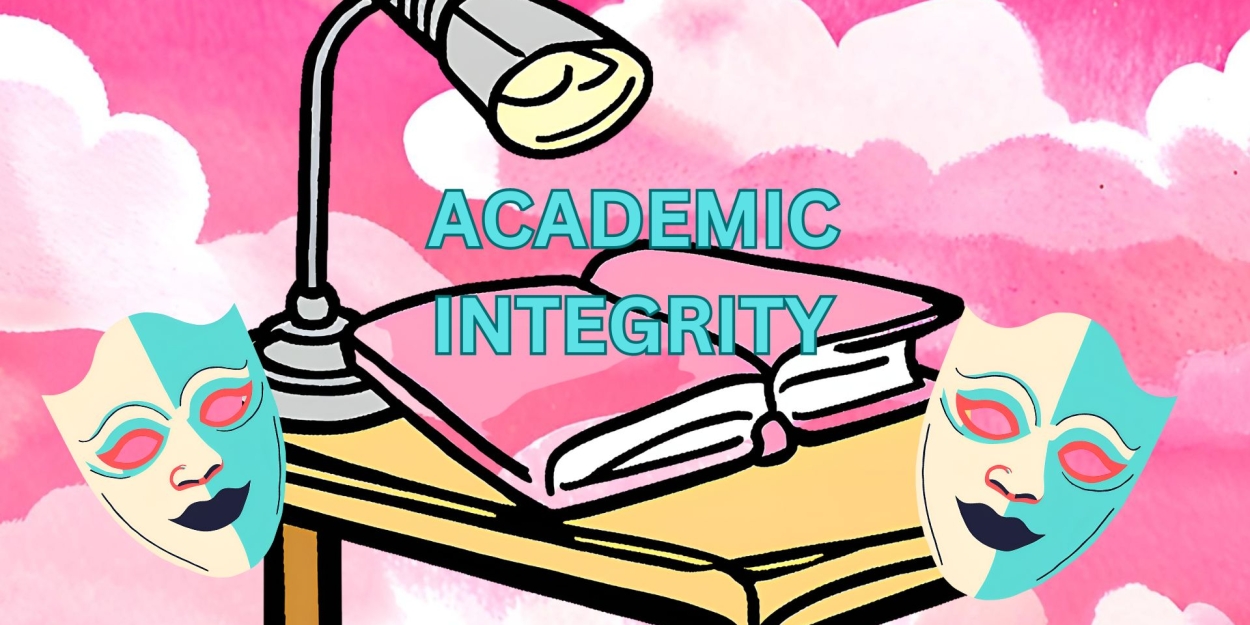Student Blog: That Term on Everyone's Lips: Academic Integrity
Every professor tells us about it...But what does it really mean? Let's discuss.

In all of the years of my undergrad, I have heard these two words more times than I can count. Academic integrity. It's embedded in every individual syllabus we receive the first week of classes, with it often being the same information copied and pasted. But what do these words mean? Usually, professors skip over this section, thinking that another professor in another one of your classes will explain it for them. Professors are known to enforce it, already expecting that you know what it means to maintain it. It’s then up to us students to define what academic integrity truly is.
Academic integrity is a commitment. It is a commitment to honesty, and deals mainly with responsibility and respect. Some students may struggle to define this term, but a term certain every student knows is plagiarism. Now this is a scary word! I often shutter at this word, even though I have never been accused of plagiarism. Plagiarism is only one example of someone not maintaining academic integrity, but I think in a world of AI and computers being the main tools of modern education, it certainly is the most relevant.
When talking about academic integrity for a performing arts major, the topic becomes a little tricky to discuss. Especially when most of your assignments include performing monologues, scenes, and having personal reflections, there doesn’t seem like much room for you to disrupt the expectation of academic integrity. But there are still ways you can cheat yourself.
Take preparing a monologue for instance. No matter what the monologue is, when that play was first produced, that is your piece to create and find something new within the text. I have run into a discussion with peers where they have stated that they watched YouTube videos of others performing the same monologue to draw inspiration. This may seem like a good idea in a crunch for time, but otherwise, you as an actor won’t benefit from this. This makes bland theatre. Don’t do it! If we continue to perform pieces the exact same way the person before us did, we will be without new discoveries, and we won’t be able to emotionally connect to the text we are performing. One of the reasons why we still perform classical pieces today (ie. Shakespeare) is that in our world today we are still about to find new discoveries and variations. If every Juliet from Romeo and Juliet were the same, we would never want to watch a production of those star-crossed lovers ever again.
I know that example may or may not seem extreme, but it certainly is relevant. This is how I personally like to define academic integrity when pertaining to theatre. I also think that many of the components of academic integrity directly correlate with ensemble and theatre-making: Honesty, trust, fairness, respect, responsibility, and courage. Although it may not be deemed ‘academic integrity’ once you finish undergrad, the academic responsibilities you maintain now will certainly translate to working professionally. Never cheat yourself, because whatever you put into your work, is what you will get out of it.
Videos


